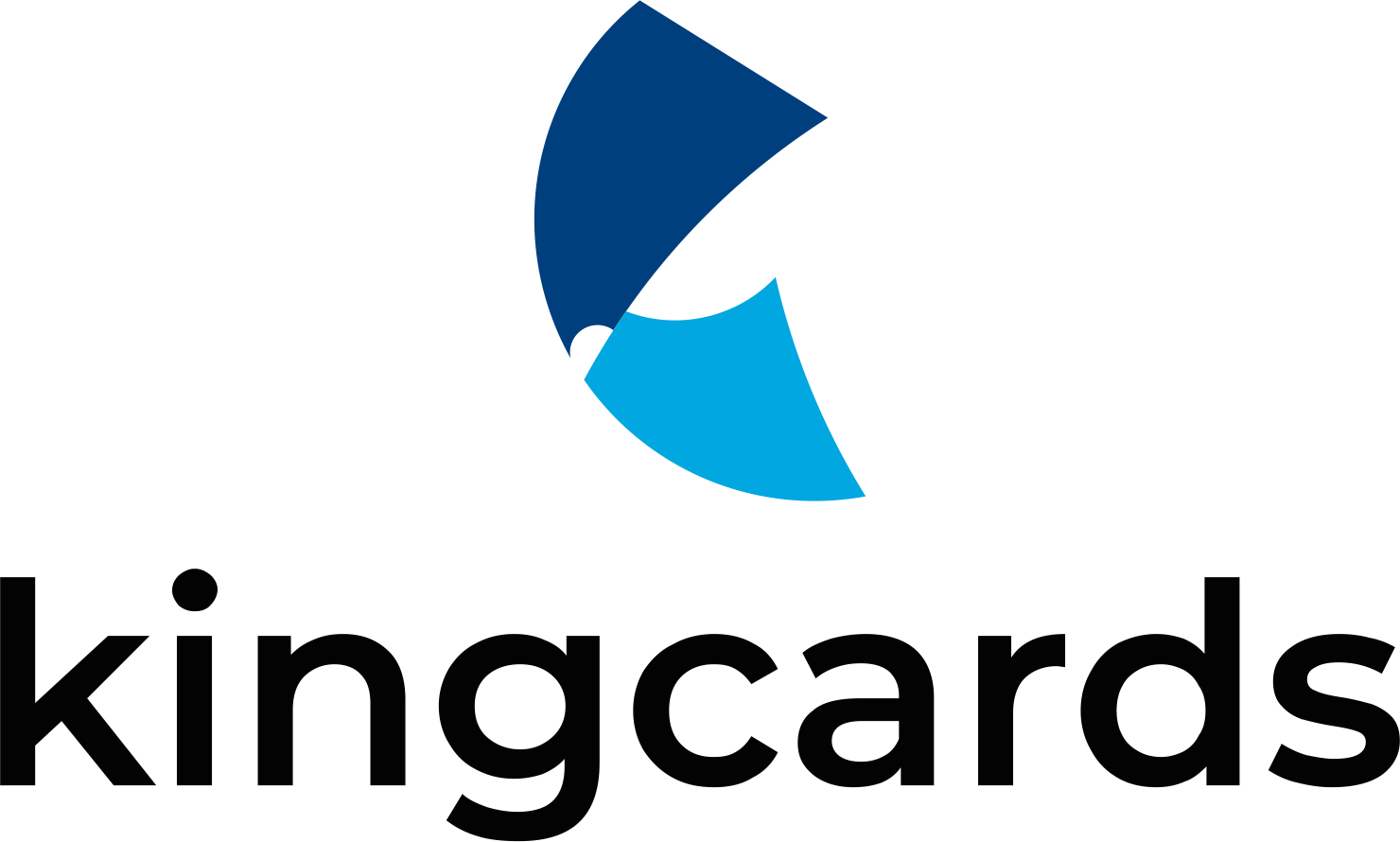Forex scams in Nigeria are a problem often talked about but rarely studied. It is difficult to estimate the yearly financial losses due to forex scams because most professionals and experts in the Forex industry don’t want to publicize the figures for fear of tarnishing Nigeria’s image.
However, some experts say that Nigerian traders lose up to 7% of their investment capital due to this trade-related crime.
If you are deliberating on trading with a Forex broker or any other financial services provider, it is essential to research and find the right one. Many scammers are looking to cheat people and make money off them.
It is part of your responsibility to protect yourself if you decide to invest with a company or service provider. This article will explain extensively some of the most common scams that can happen when trading in Nigeria and what precautions we should use to avoid them. Study the most popular forex news platforms to stay up tp date with industry info

What is Forex?
Forex is a way for individuals, banks, and corporations to trade in the foreign exchange market. The reason for different currencies existing in other countries is that each country has its economic policies.
The idea behind Forex trading is to buy a currency when it’s cheap and sell it when it’s expensive to take advantage of these fluctuations in price. So, for example, let’s say you want to buy euros and sell dollars to change them to pounds sterling later.
What is a Scam?
A scam is a dishonest trick, and they come in many forms. The most popular scams are as follows:
Identity Theft: This can happen to you if your personal information is stolen and then used to commit crimes.
Smoke & Mirrors Scams: These scams come from websites that charge you for simple tasks that you can do without cost online.
“Free” Degrees or Certificates: You’re likely giving crooks access to other parts of your life by giving away personal information.
What is a Bad Trade?
A bad trade is a trade where one party makes a series of businesses, resulting in a loss.
The critical concept to remember when entering any trade is that it’s difficult to predict its outcome; some businesses will be profitable, while others will cause you to lose money. So the key with trading, regardless of the risk vs. reward, is to enter trades that are more likely to be profitable for you than any other tradable idea.
Various Forex scams in Nigeria
Black Market Scams
Naira is the official currency of Nigeria. The Central Bank of Nigeria sets a black market exchange rate for the Nigerian Naira. It is illegal to trade in foreign currencies, which are deemed at risk of being traded on black markets.
This also alleviated the increase in scams involving forex trading. Scammers will say that they have contacts at the Central Bank of Nigeria and can supply you with foreign currencies higher than the black market rate.
They will ask you for your account details and then steal money from your account by depositing it into another person’s account before withdrawing it as cash overseas.
Fake Foreign Exchange Broker
A foreign exchange broker facilitates transactions in which currencies are exchanged. They are also an international money transfer company and a currency broker. They typically work by handling the conversion of payments, either in person or through the internet.
Fake Foreign Exchange Broker scams in Nigeria are getting more ingenious every day. Scammers can appear legitimate if they can persuade the victim that their bank has closed their account and transferred their funds to a different bank.
Scammers will do this by sending a fictitious email from an already-established company or a reputable financial institution, often claiming that there had been “unauthorized use” of your credit card, so your transaction limits are being changed as a safety precaution. You ca read about top forex trading platforms and brokers in Nigeria
Fake Signal Sellers
Trading signals and robots that notify a trader when to place a trade or close a position are sold by some scammers. These forex robots are great for assisting you with technical analysis, but they should not be utilized to anticipate the market.
The sellers may claim that their signals have a success record of 98 percent and ask for a charge from the trader. After paying the money, the trader begins to receive email notifications whenever a new signal is released, and the trader uses this information to conduct a trade.
The issue is that after parting with money, the scammer usually sends a few email signal messages before cutting off communication with the trader. There’s also no certainty that these signals will function.
These scammers prey on inexperienced traders searching for a quick way to profit and are looking for a method that is both passive and guaranteed to work.
Ponzi Schemes and Pyramids Scheme
High Yield Investment Programs (HYIPs), such as Ponzi schemes, join together resources from unaware investors to invest in other markers or forex trading with a promise that the profit will be shared amongst all the contributors. They operate like funds where the capital is gathered to invest on behalf of clients.
They also promise their investors very high returns and begin to pay returns on investment to the initial contributors.
The scammers lure victims because Ponzi schemes recycle the money gotten from initial contributors and use it to pay new contributors and so give the illusion that it is legitimate. When investors see their investment grow, they are convinced to put more of their money into the scheme.
Ponzi schemes and other High Yield Investment Programs (HYIPs) are schemes that aggregate resources from the unknowing public to invest in forex trading or other assets with the promise of profit sharing among all the contributors. They work in the same way as funds do, gathering capital to invest on behalf of their clients.
They also guarantee very big profits and start paying out to the first contributors.
Ponzi schemes entice victims by recycling money received from early contributors and using it to pay subsequent contributors, giving the appearance that the scam is real. Investors are persuaded to put additional money into the scheme when they see their initial investment grow.
How to Avoid Forex Scams
The following are various ways to avoid Forex Scams in Nigeria. They include:
Investigate the Broker Regulations
This is one of the most important points to examine when comparing brokers before picking one to support trading activities, as regulation and authorization assure the security of clients’ cash.
Traders should extensively evaluate the Broker’s claim to be regulated and authorized by visiting the regulatory entity’s website and validating the Broker’s license/regulation number.
Traders must also check that the regulating entity is well-known and respected; although there are numerous, the most common are the FCA, ASIC, FSCA, CySEC, and several more.
Investigate the Broker’s trading conditions
There is an old adage that implies “if it sounds too good to be true, it usually isn’t” applies to this step in avoiding Forex trading scams, and it refers to the offers that scam brokers make to entice unsuspecting traders.
If a broker advertises accounts or other products and services that promise significant profits, it could be a sign that the Broker is a fraud, as there is no fail-safe way to guarantee gains in Forex trading.
Scam brokers also charge exorbitant prices for their services, goods, and trading conditions, with an entry-level account requiring a minimum deposit that an institutional broker would not even charge for premium accounts.
Verify the authenticity of awards
Since there is no foolproof way to guarantee profits in Forex trading, if a broker advertises accounts or other products and services that promise big earnings, it could be a red indication that the Broker is a fraud.
Scam brokers also charge outrageous charges for their services, goods, and trading conditions, with a minimum deposit required for an entry-level account that an institutional broker would not even charge for premium accounts.
Trust your intuition
Traders should acquire a basic impression of a Forex broker by studying the company’s website and trading conditions while looking at the Broker holistically.
Beginner traders may find it more difficult to develop a sixth figurative sense for recognizing scam brokers than more experienced traders who know what to look for when distinguishing a legitimate broker from a scam broker.
Despite this, traders are urged to perform extensive studies in order to back up their intuitive impressions with data.
Even in an age when technology is continually being created to safeguard internet users from malevolent individuals, there are still many scam brokers who take advantage of technological advancements to lure in unwitting victims.
Traders will need to become familiar with the features of legitimate brokers so that they can spot a scam broker more quickly, as well as use tools to check brokers before investing or trading with them. Read about forex trading for beginners to get started


















